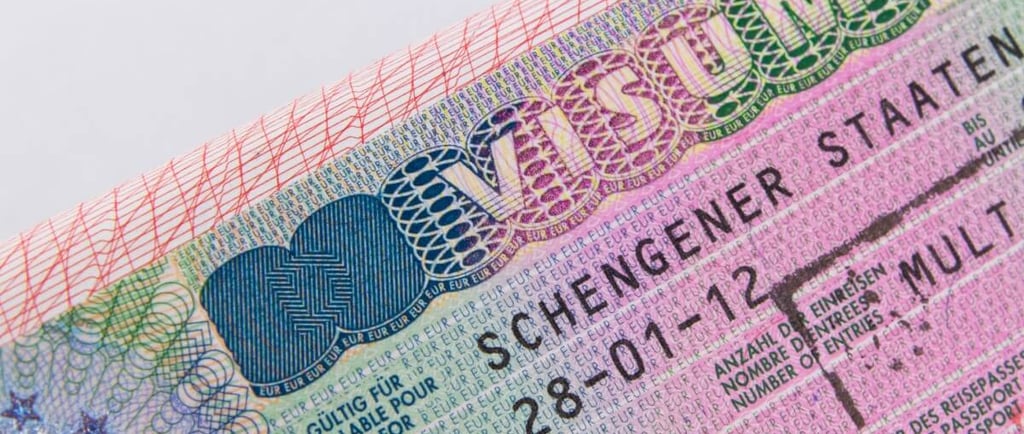Germany’s Work Visa Quota for Kosovo Nationals Met in Less Than 2 Weeks


KEY TAKEAWAYS
Over 8,000 requests for work visas were filed by Kosovo nationals in two weeks.
For this reason, the German Embassy has suspended work visa issuance.
Kosovo nationals are one of the largest nationality groups to benefit from the Western Balkans Regulation for employment in Germany.
With over 8,000 work visa applications being submitted in a total of 13 days, the German Embassy in Kosovo has announced it will no longer receive applications for such visas until next year when a new quota is available.
According to the local media, the yearly quota for work visas issued to Kosovo nationals has already been met during these two weeks, Schengen.News reports.
Due to this, the German Embassy located in Kosovo’s capital has suspended the acceptance of work visa applications. The new call for applications will be reopened in 2026 and a certain number of work visas are designated to be issued to nationals of Kosovo.
The work visa quota is part of a larger quota set for the Western Balkans Scheme, which applies to nationals of Kosovo, Albania, Bosnia and Herzegovina, North Macedonia, Montenegro and Serbia.
Germany Doubled Annual Work Visa Quote for Western Balkans
The passport holders of the above-mentioned countries can apply for German work visas under this scheme.
In efforts to meet labour shortages across its sectors, Germany has introduced the Western Balkan Regulation which initially granted 25,000 work visas to nationals of Kosovo, Albania, Bosnia and Herzegovina, North Macedonia, Montenegro and Serbia.
As of June 1, 2024, Western Balkan quotas for German work visas have been doubled, meaning that 50,000 work visas will be issued to them.
From June 2024, the annual quota will be increased to 50,000 issued approvals from the Federal Labor Agency.
German Embassy in Sarajevo
According to data published by the German Federal Statistical Office, Destatis, nearly 76,000 nationals were working and living in the country under the Western Balkan regulation, which is up by 22 per cent compared to 62,000 people who were living in Germany in 2022.
Kosovo nationals are the largest group of workers from the Western Balkan, with 20,000 of them working in the country by the end of 2023.
Western Balkan Nationals Have More Job Opportunities Thanks to New Regulation
On top of having a set quota of work visas that will be granted to Western Balkan nationals, there have been more opportunities available to third-country nationals.
The Opportunity Card would be one of them, enabling these nationals to live and work in the country under facilitated rules.
For example, the requirements for language skills are not as strict as they used to be. Instead, third-country nationals with A2, B1 or B2 can apply for jobs, in addition to other requirements.
